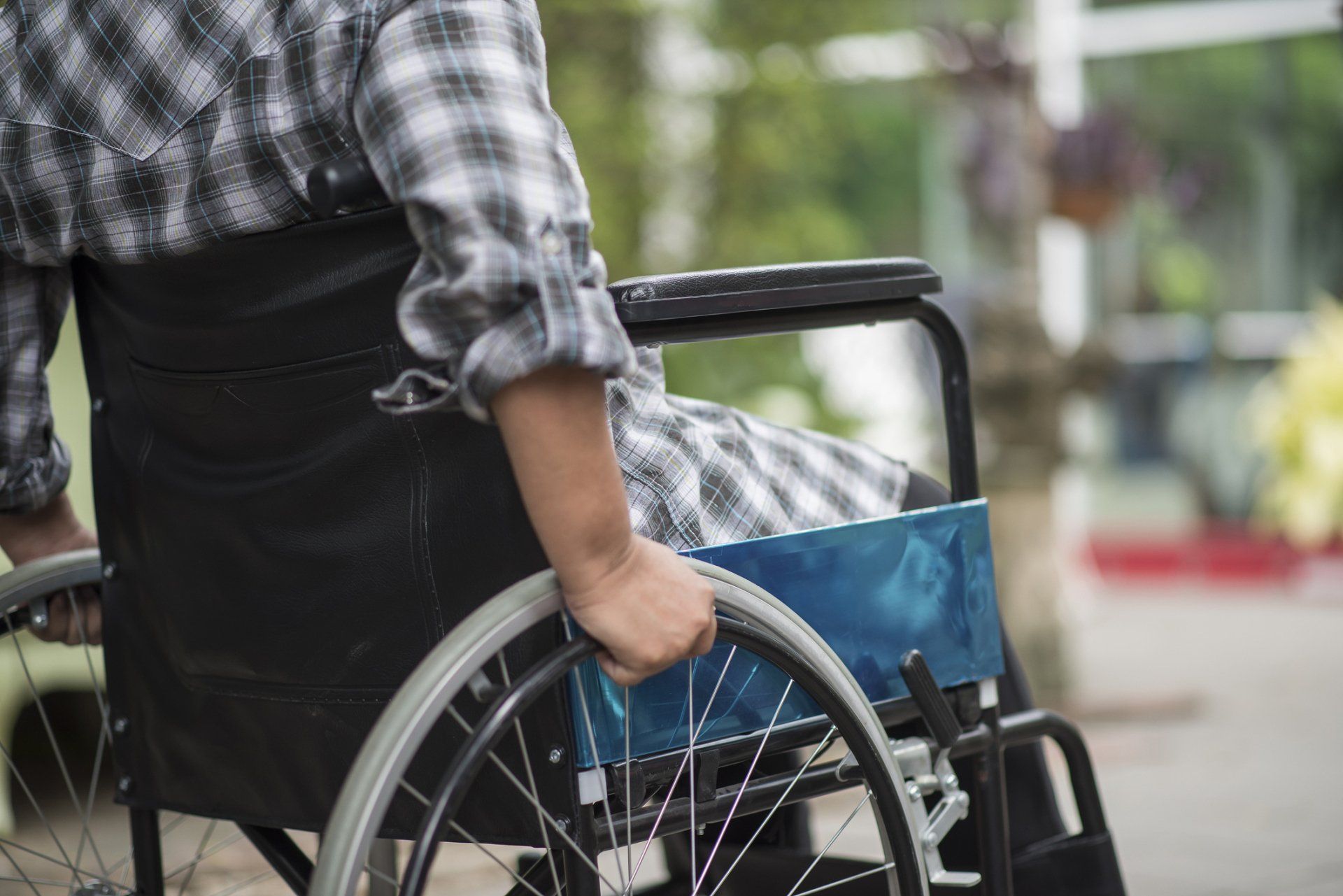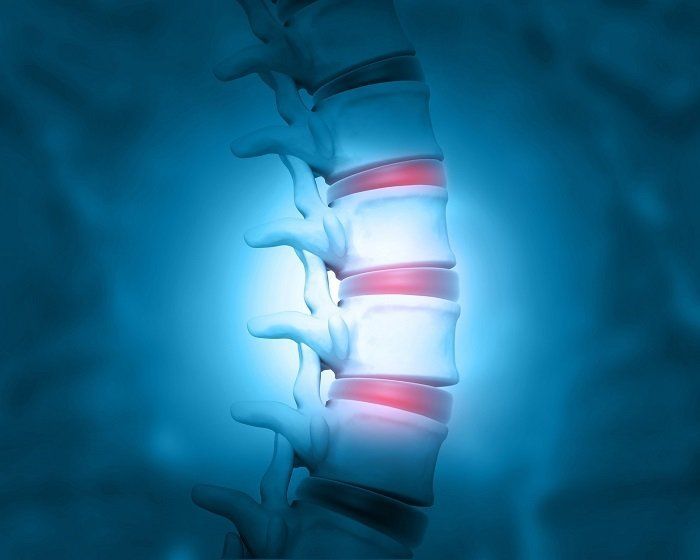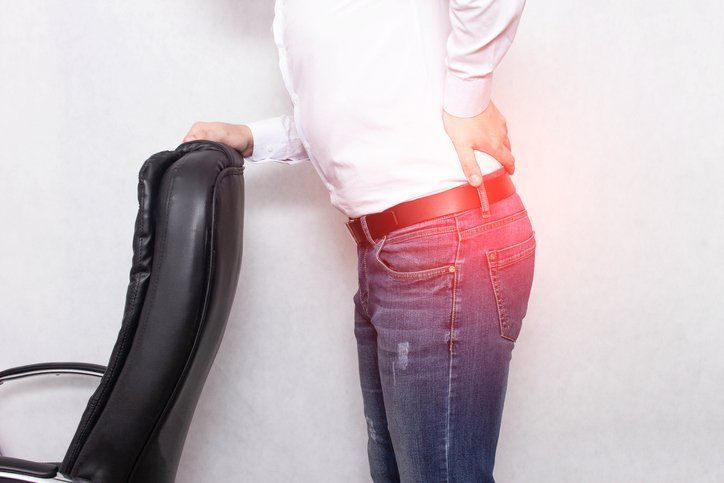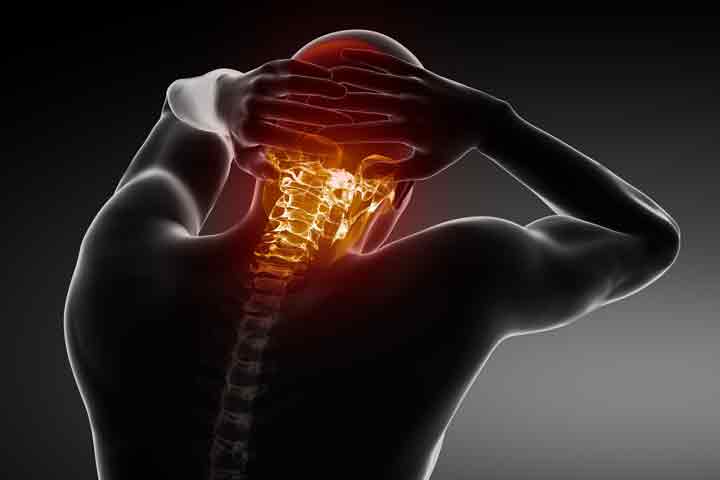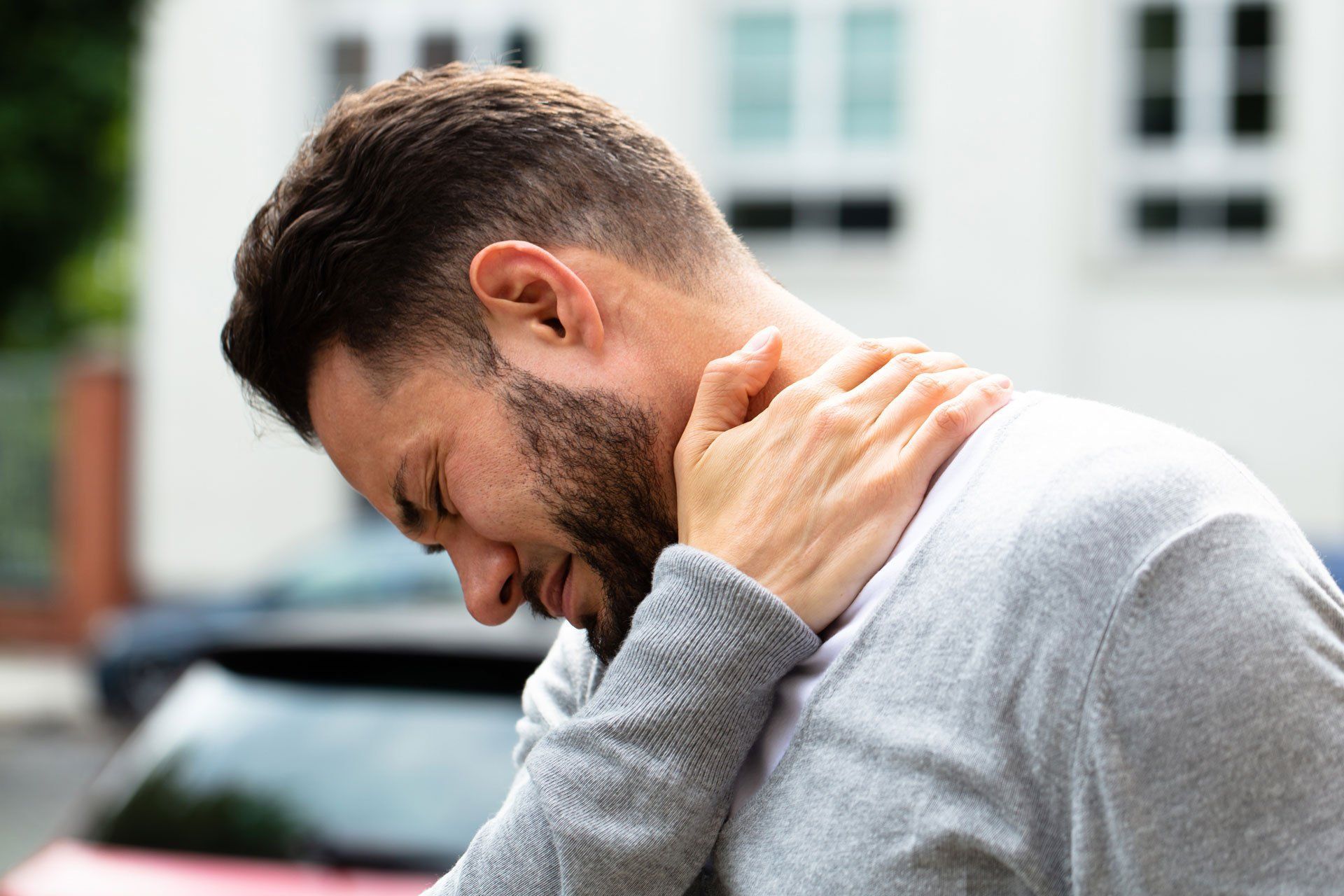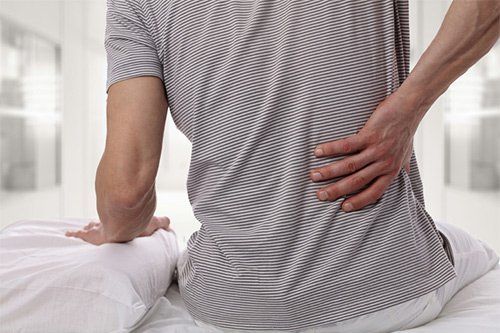Chronic Pain And Depression: A Vicious Cycle
One of the vicious side effects of dealing with pain on a daily basis is depression. Many people can experience a decline in their mental health as they try to live as normally as possible despite the pain they experience. Regardless of the source of your pain, you need to help safeguard your mental health.
Learn more about the relationship between pain and depression and what you can do to help maintain your mental health as you live with a painful physical condition.
How Does Pain Relate to Depression?
Depression and pain are closely linked. Some of the link is psychological, but there are physical contributors from the pain that directly cause depression in many individuals. The physical contributors include:
- Sleep loss. A painful condition can disrupt your rest. Your body needs sufficient sleep to operate normally, and mood disorders can occur if you are not getting enough sleep. People who are sleep deprived because of pain may feel easily overwhelmed, annoyed, frustrated, sad, or anxious.
- Increased stress hormones. Pain puts your body in a state of stress. Stress hormones normally help fuel your body's flight or fight response, but if your body is exposed to them for too long, you instead feel constantly worn out, both physically and mentally.
- Trouble exercising. Pain can disrupt your usual daily living patterns. You might not be able to eat what you ate before. Exercising with your condition might be very challenging, impossible, or even more painful. Since exercise is a natural way to reduce depression, people who can't participate may experience a persistently down state of mind.
Psychological contributors are also a huge factor in depression caused by pain. Living with pain takes a lot of mental energy. A person with chronic pain might not be able to do the things they normally used to enjoy, or they might suffer a loss of independence. They might experience work or relationship changes. All of these factors can lead to depression.
Does Relieving Depression Help Relieve Pain?
Even though your pain might have come first, treating depression in patients with pain is important because depression contributes to higher pain levels. Around 85% of patients with chronic pain have symptoms of depression, and treating depression can actually help with the prognosis of treating your pain and any other contributing conditions.
Increased stress hormones can cause aches and decrease your health and your body's ability to heal. Anxiety and depression increase bodily stress along with pain, so both feed on each other, worsening both problems.
Some people feel that if their pain goes away, their depression will disappear. However, your doctor will likely recommend treatment for both pain and any mood disorder, because chronic pain can be tricky to treat, and depression can be very dangerous to a patient's overall health.
What Can Patients Do to Improve their Mental Health?
You do not have to be completely at the mercy of your pain. Many patients can protect their mental health by:
- Seeking counseling. Your pain clinic might suggest a counselor. Psychological treatment is effective for combating depression.
- Being open to medication. You don't have to confront mental health problems with self-control and white-knuckled determination. Medication can correct mood disorders so that your overall prognosis improves, but they can also double up to make physical pain more bearable without the need for opioids.
- Participating in things you still enjoy. Spending time outdoors can help combat depression. If you are able to exercise, try and stick with it. Do things with people you love to seek strength from relationships. Exercise may also prevent pain from getting worse.
- Meditation. Meditation is a medication-free method of modifying your thoughts and a way to also control your pain. Self-hypnosis and other self-relaxation techniques can be effective in escaping feelings of depression and pain in a risk-free way.
Living with pain does not have to mean living with anxiety and depression. For more information, contact us at Specialists In Pain Management.
Licensed | Bonded | Insured
DISCLAIMER: You will receive a call to remind you of your appointment. If you must cancel your appointment, we would appreciate at least 24 hours notice. No-shows may be charged a missed appointment fee of $25. Please bring your insurance card, a picture ID and your current medications to each visit.
CONTACT INFORMATION
Chattanooga Location
Address: 281 N. Lyerly St, Suite 200,
Chattanooga, TN 37404
Fax: 423-698-0511
Ooltewah Location
Address: 4957 Swinyar Drive, Suite 101,
Ooltewah, TN 37363
Fax: 423-362-7778
Phone: 423-698-0850
Cleveland Location
Address: 862 Callen Ln, NW Suite 110
Cleveland, TN 37312
Fax: 423-698-0511
Business Hours:
Chattanooga Location
- Mon - Fri
- -
- Sat - Sun
- Closed
Appointments Available
Ooltewah Location / Cleveland Location
- Mon - Thu
- -
- Fri - Sun
- Closed




CareCredit, Most Major Insurances Accepted
OUR LOCATION
Chattanooga Location
Ooltewah Location
Cleveland Location


